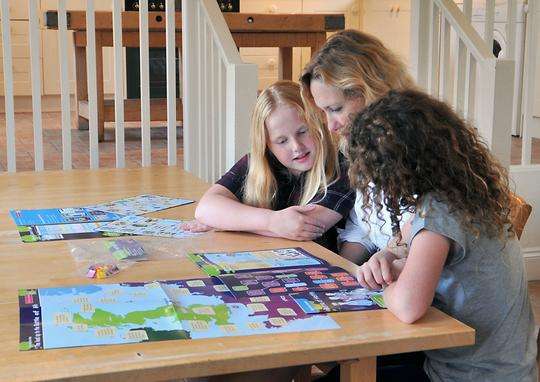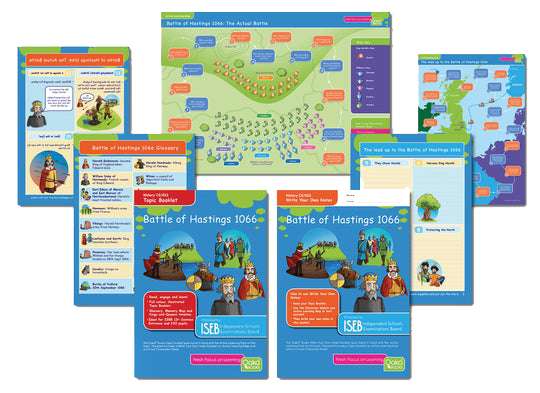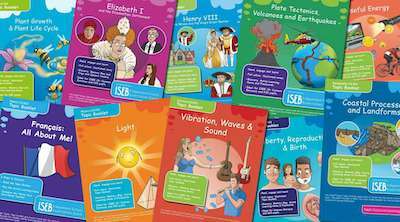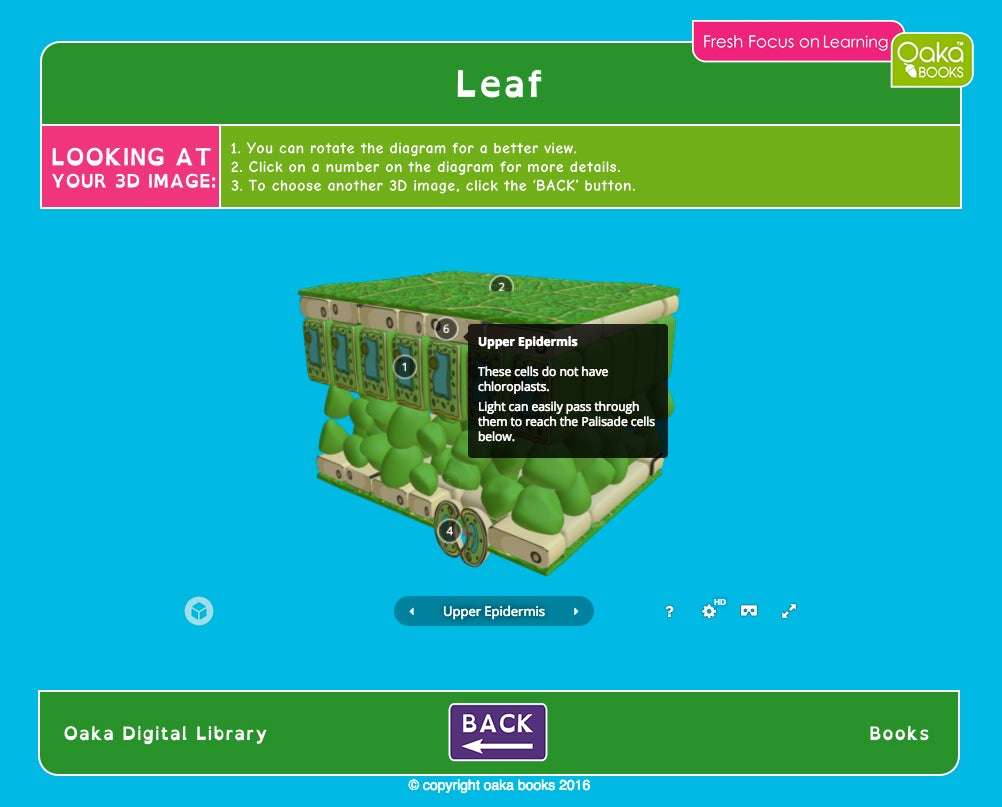With an epidemic of testing in our schools there is a movement against all the tests and in favour of less assessment. It is assessment that these tests are for – to keep check of pupils’ progress. But so much time is devoted to passing the tests that it takes away from actual teaching time. Which doesn’t make sense to a lot of people.
However, there is a form of testing that does help children to learn. Testing can not only show whether they understand or remember concepts properly, but actually help pupils learn them.
This can be seen in studies where participants are given information in two ways. One group is just told a fact. The other group is asked a question to which the fact is the answer, they think about it and give the answer or are given it if they don’t know. These studies have shown that asking a question works better to retain that information in long term memory.
The reason seems to be that actively thinking about a fact helps to strengthen the memory and neural pathways more than passively receiving the information does.
Unlike assessment testing though this feedback happens quickly. Other studies show it still works if the answer is given up to 24 hours after the question. But traditional testing can be months until the results are revealed and even then the answers might not be given, just marks.
Tests can also induce anxiety in students and put pressure on. But testing knowledge in this question and answer format doesn’t have to be done under exam conditions. Nor does it have to be boring and repetitive.
Instead, games and quizzes can strengthen recall of information in a fun and stimulating way. Oaka Books has topic packs with an active revision game as well as question and answer flashcards. Designed by SEN and subject specialists the revision guides use these techniques to improve recall of information and strengthen memory pathways in the brain.
So, perhaps it is not testing per se that is the problem, just the way in which it is done that can be so negative, especially for our SEN pupils. They often know the answers but just struggle to get them on paper in exam conditions.





